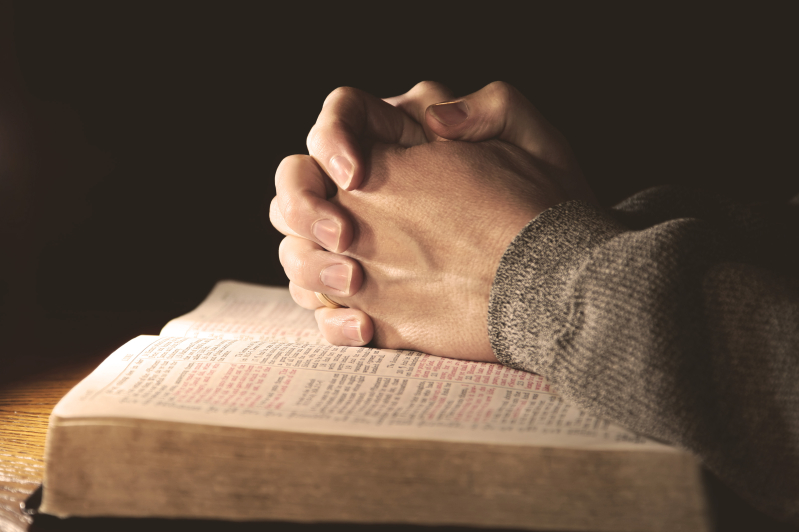
The power of prayer is undeniable-even affecting the physical body, a new study reveals.
Dr. Andrew Newberg, director of research at Thomas Jefferson Hospital and Medical College in Pennsylvania, conducted the study in which MRI brain scans prove that there is tangible power in prayer or meditation, likening it to a "physical workout" for the brain.
"When we look at how the brain works, it looks like the brain is very easily able to engage in religious and spiritual practices. ... It only makes sense if God is up there and we are down here that we would have a brain that is capable of communicating to God, praying to God, doing the things that God needs us to do," Newberg said, according to South Carolina-based WLTX 19.
Researchers had older patients with memory problems practice meditation each day for 12 minutes for eight weeks. Their MRI results revealed a positive, dramatic change in the brain after concluding the experiment.
Test results also revealed that the benefit of praying or meditating can actually shape the brain.
"There are multiple parts of the brain that seem to get involved and it really does look like the brain is easily able to have these experiences," Newberg said. "It has something to do more generally with how we can improve the function of the brain that these kinds of practices can actually help with."
Several years ago, Newberg, who is a self-proclaimed Christian, conducted another study that found the ways in which prayer and meditation affect the human brain. He discovered that when an individual prays, activity increases in the frontal lobes and the language area of the brain known for becoming activated during conversation. He found that for the brain, praying to God is similar to talking to people.
For this study, the Huffington Post reports that Newberg injected people with a harmless radioactive dye while they were deep in prayer or meditation. The dye then migrated to the parts of their brain where the blood flow was the strongest.
Dr. Newberg believes his experiments prove that it is possible to possess a faith in God as well as a proper view of science, concluding that regardless of religion, prayer created a neurological experience among individuals.
"It helps us to understand that at least when they (participants) are describing it to us, they are really having this kind of experience. ... This experience is at least neurologically real," Newberg said.






